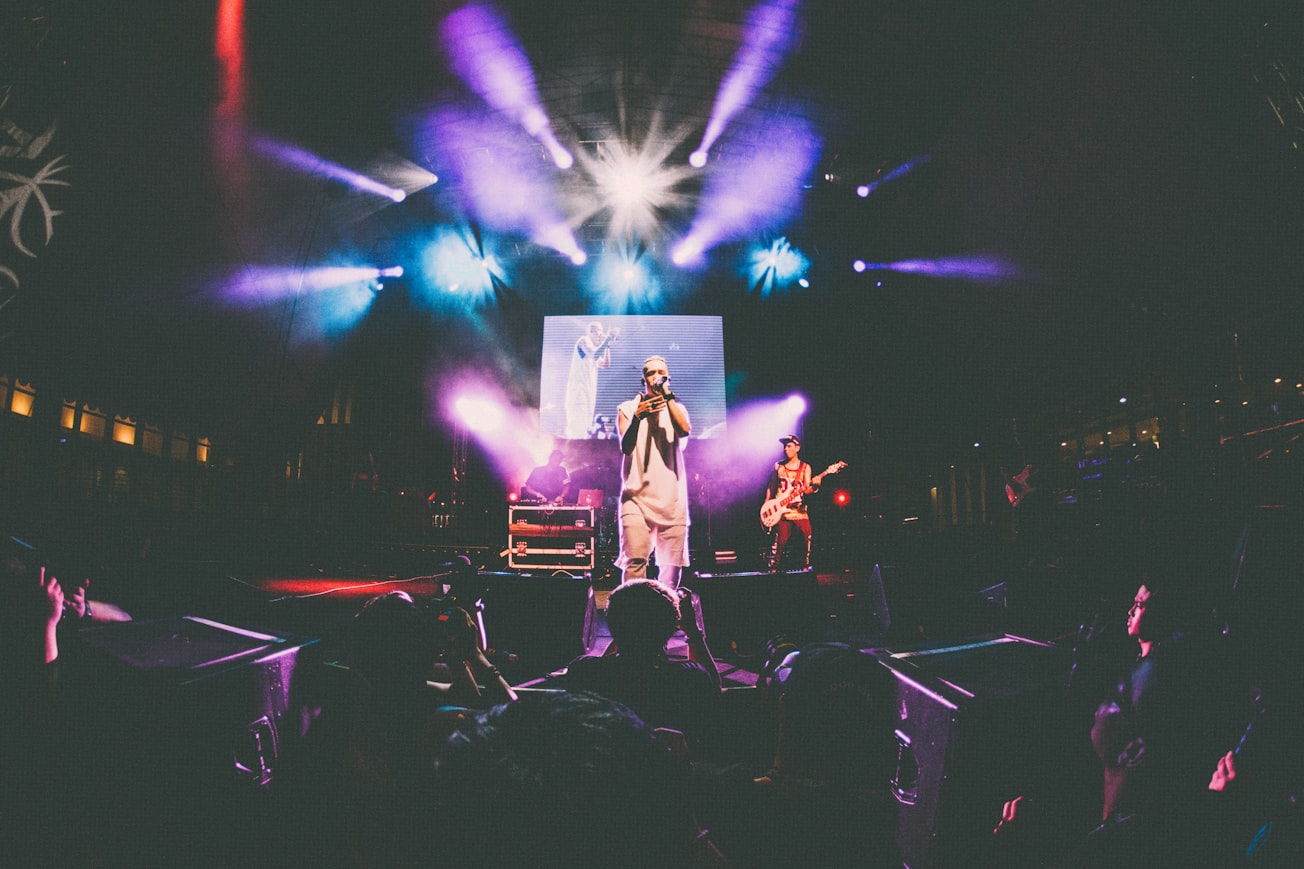What is it about?
This article focuses on the COVID-19 pandemic experiences of stage performers in Turkey, via an analysis of qualitative data obtained from in-depth interviews with members of this demographic. By drawing on the interactionist theoretical claim that social processes in everyday routines are key both for how society is constructed and for the self to be built and presented, this article primarily seeks to analyze the experiences of artistic performers in Turkey during the COVID-19 crisis.
Featured Image

Photo by Alex wong on Unsplash
Why is it important?
The significance of this study comes from that the literature on the social impacts of the COVID-19 pandemic usually focuses on its macro social-economic aspects; thus there seems a need for more micro-level sociological studies so as to comprehend its influence on diverse social groups. As a micro-sociological study focusing upon the COVID-19 pandemic experiences of stage performers in Turkey, the findings of the article show that the closures of performance spaces fractured the day-to-day routines that would normally provide them with a secure social self since they lacked the ground (the physical stage) through which they have physical interaction with others (their audiences). The narratives in the study demonstrate that not being able to be on-stage endangered the process of the social construction of the self as performers and that they sought new ways of reconstituting the performer-audience interaction in order to ease the negative effects of the pandemic conditions and to secure their selves.
Read the Original
This page is a summary of: COVID-19 Experiences of Stage Performers, Comparative Sociology, August 2022, Brill,
DOI: 10.1163/15691330-bja10059.
You can read the full text:
Contributors
The following have contributed to this page










